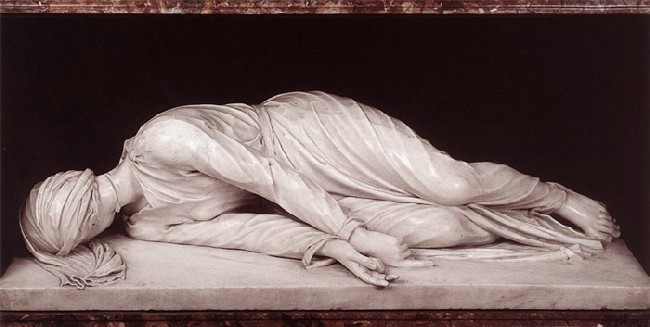
The Catholic Prayer Bible, lectio divina edition, is expected to be published in March 2010 by Paulist Press. Thanks to the Catholic Bibles blog, I learned about the publication and called Paulist Press to inquire about the publication date.
I could not find a page about the new Bible on the Paulist Press web site, but the Catholic Bibles blog has a brief description of this new Bible which includes the comment that this is:
“An ideal Bible for anyone who desires to reflect on the individual stories and chapters of just one, or even all, of the biblical books, while being led to prayer through meditation on that biblical passage.”Interestingly, the description of the Bible also refers to a quote from Pope Benedict XVI in 2005 that the practice of lectio divina will bring about a “new spiritual springtime.”(1) The Pope’s reference to the new spiritual springtime was the primary inspiration I used in the naming of the Oblate Spring web site.
I like reading from several Bibles and may buy this one when it is published.
__________________________
Footnotes:
Picture is 100_6182.JPG by cohdra and is subject to license.
(1) From the 40th Anniversary of the Dogmatic Constitution on Divine Revelation "Dei Verbum," 16 September 2005. Also see my About Page on the Oblate Spring web site.
Lectio divina described here.










